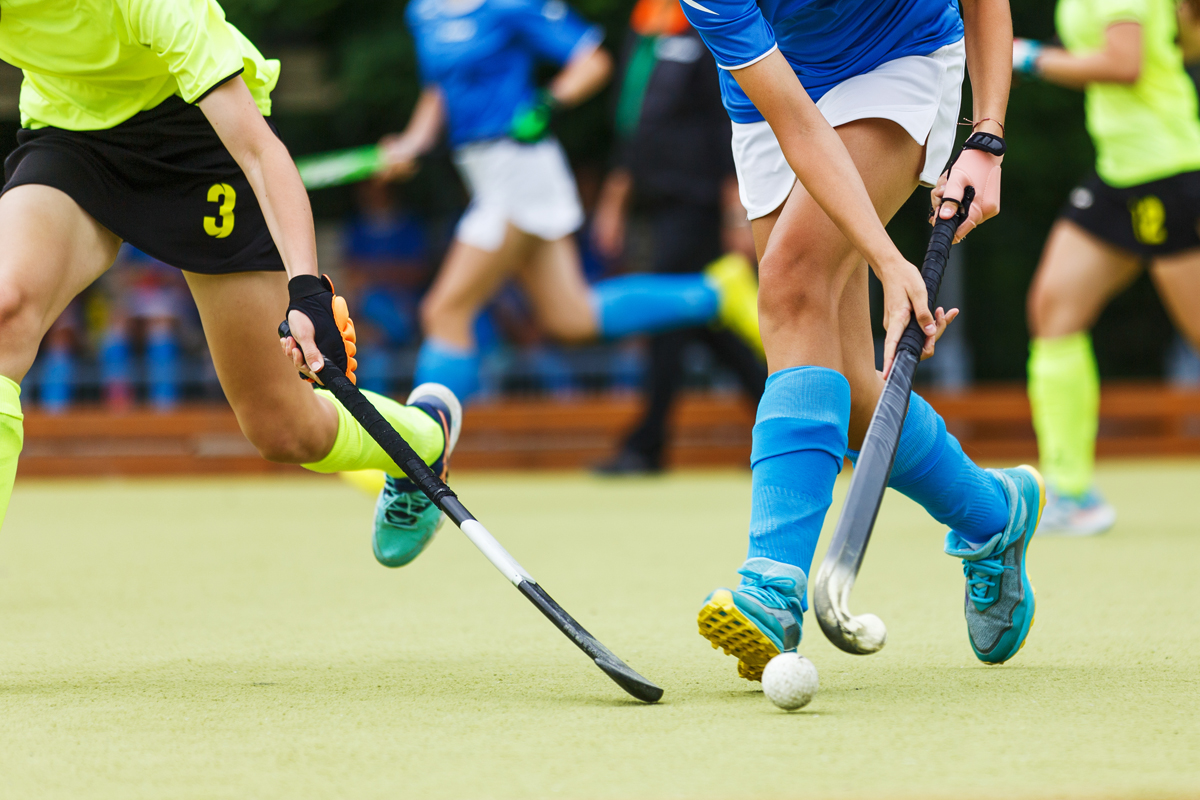By Dr. Michael E. Pomykala, PT, DPT, OCS, CSCS//
Since 1993, August has been set aside on our national calendar to honor a game that dates back to 15th century Scotland. As an avid golfer, I join my fellow enthusiasts this month in celebrating this invigorating and challenging sport. As a doctor of physical therapy, who holds Titleist Performance Institute (TPI) dual certifications, I would be remiss not to take this opportunity to remind golfers at any level to take sensible steps to prevent injury.
Most of the physical problems that arise in golf are connected to the repetitive use of the muscles and postures that give you your unique swing. Add to these activities such as climbing in and out of bunkers, carrying bags, and placing tees in the ground, and you have a recipe for strains and sprains that can sideline a golfer for weeks or months.
Faulty alignment and postural patterns result from things we do every day like sitting, driving, and using a computer. When we take these abnormal postural patterns to the golf course, problems may arise.
Now that we’re in midsummer with the golf season in full swing, you may be noticing changes in your game. Golfers of all shapes, sizes, ages, and fitness levels may experience loss of speed and/or distance, less stamina and endurance, or even pain during or after play. If your game is not up to par or you feel that something is not right with your body’s biomechanics, or if you are experiencing pain, it’s important to come into Scerbo for an assessment.
With dual certifications as a Titleist Performance Institute Medical Level 2 and TPI Golf Fitness Instructor, I use their evidence-based methodologies to educate golfers on the Body-Swing Connection that helps a player to swing a golf club in the most efficient way possible. Using this system, we can analyze how physical limitations in a player’s body can adversely affect the golf swing and potentially lead to injury. An individual golf fitness program may include training, physical therapy, and treatment, coaching in swing mechanics and biomechanics, nutrition, and mental strategy.
Whether you’re a weekend golfer or a professional level player, the key is not to ignore warning signs like diminishing results, decreased enjoyment, or pain. We are here to help you avoid injury and improve your fitness for the game, or, if an injury happens, to get you back on the course as quickly as possible.


